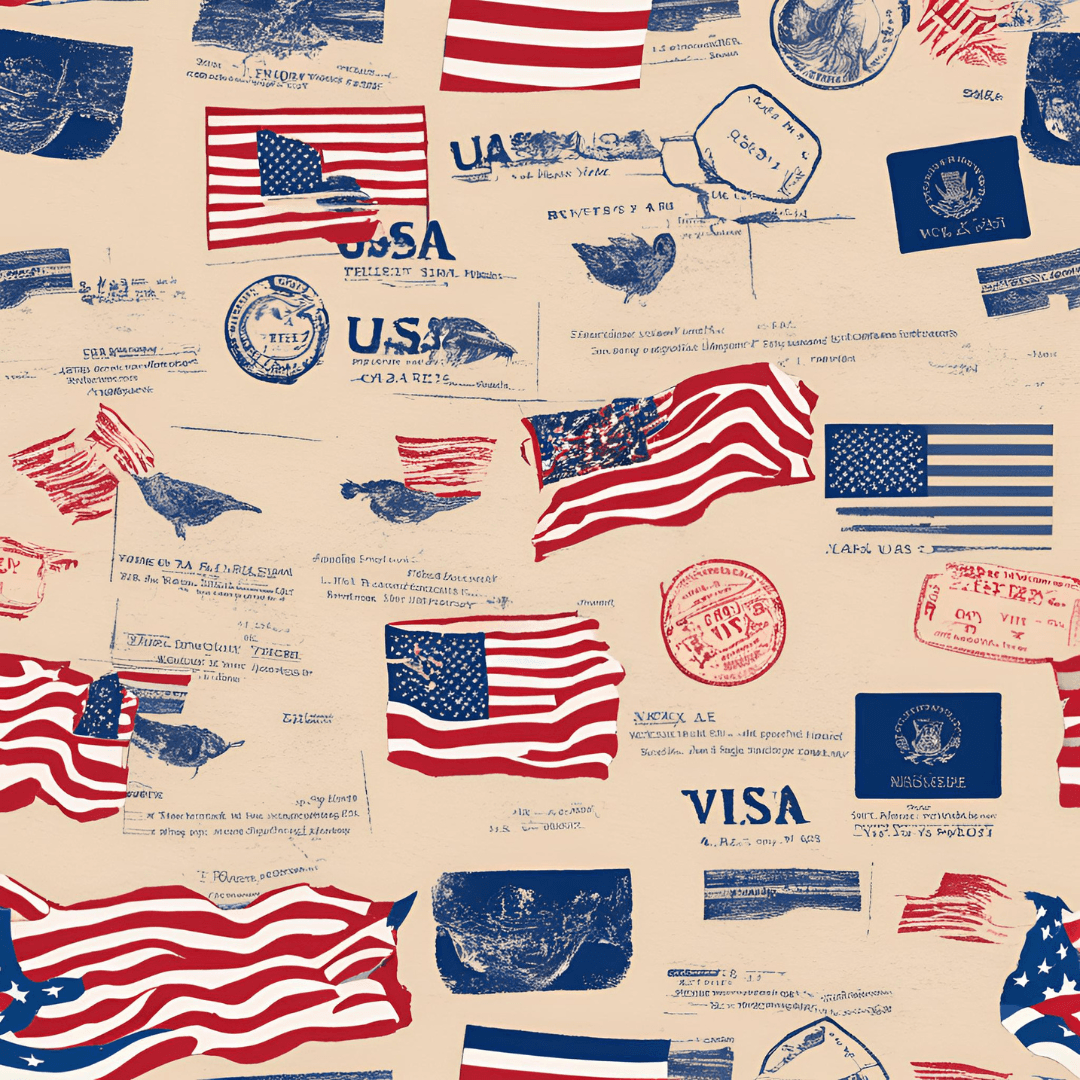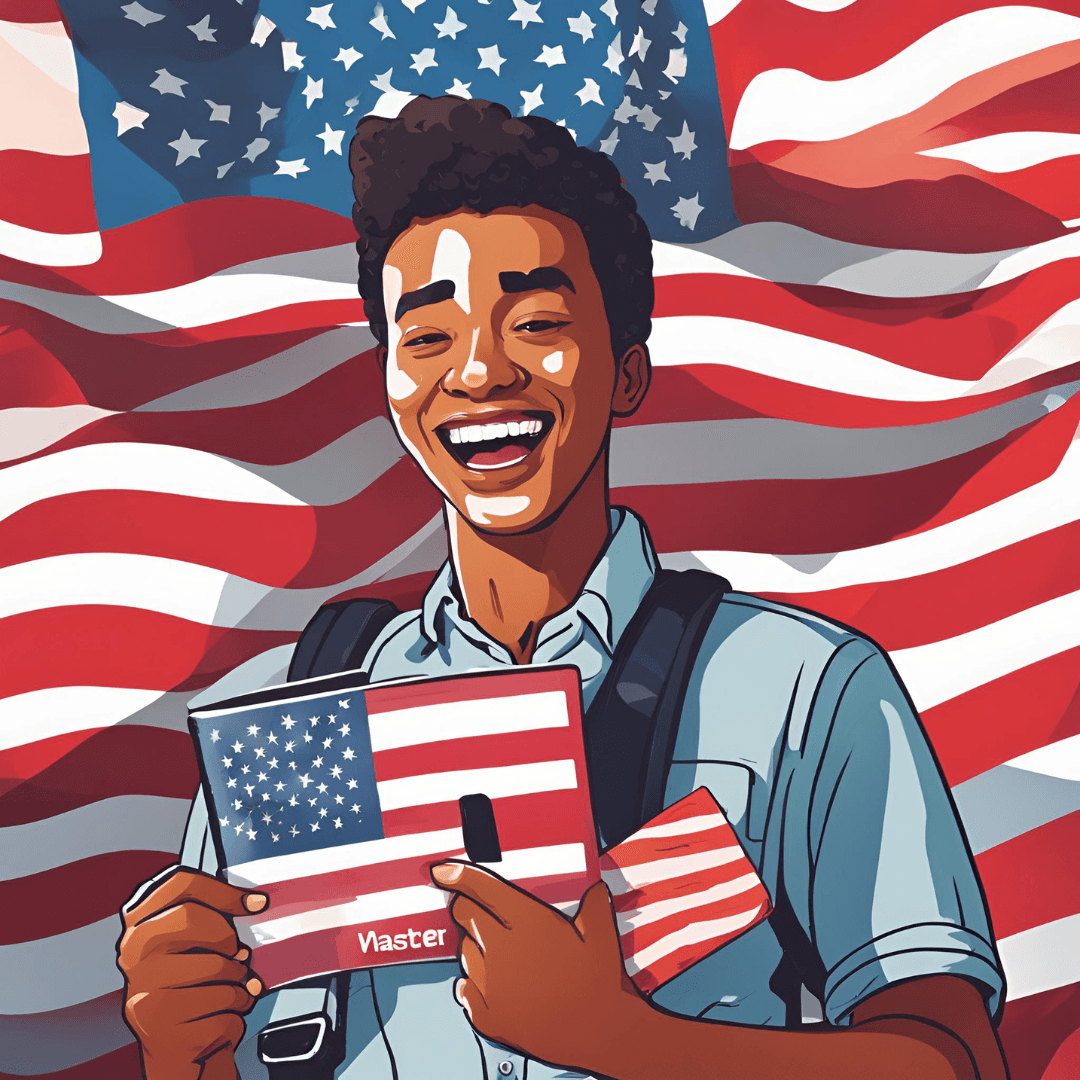
The journey to obtaining a B1/B2 visa for the United States can be both exciting and nerve-wracking. For many aspiring travelers, the visa interview stands as the final and most crucial hurdle. It's a brief interaction that can determine whether your dreams of visiting the U.S. will become a reality or remain just out of reach.
In this comprehensive guide, we'll deep dive into real B1/B2 visa interview experiences, analyze what went right (or wrong), and extract valuable lessons to help you prepare for your own interview. By the end, you'll have a clearer understanding of what visa officers are looking for and how you can present your case effectively.
The Basics of B1/B2 Visas
You'll need a B1/B2 visa if you're planning to:
Attend business meetings or conferences
Negotiate contracts
Consult with business associates
Attend short-term training sessions
Visit friends or relatives
Engage in tourism activities
Seek medical treatment
To be eligible, you must demonstrate that:
Your trip is for a temporary, specific, and legitimate purpose
You plan to leave the U.S. at the end of your authorized stay
You have the funds to cover your trip
You have strong ties to your home country (job, family, property, etc.)
Common Reasons for Visa Denials
Inability to prove strong ties to home country: This is often the biggest stumbling block. Visa officers need to be convinced that you have compelling reasons to return home after your visit.
Inconsistent or vague travel plans: If your stated purpose for visiting doesn't align with your background or seems poorly planned, it raises red flags.
Insufficient financial means: You must demonstrate that you can support yourself during your entire stay in the U.S.
Lack of travel history: While not a deal-breaker, previous international travel can help establish your reliability as a traveler.
Previous immigration violations: Overstaying a visa or working without authorization in any country can severely impact your chances.
Now, let's examine some real visa interview experiences to see these factors in action.
Case 1: The Conference Attendee with Family Ties
Case 2: The Business Conference Attendee
This applicant, single and employed, was denied a visa for a 9-day business conference in San Jose, California.
What went wrong: The visa officer didn't ask many questions, suggesting that something in the applicant's background or application raised immediate concerns. Possibly, the applicant's job or salary didn't align well with the nature of the conference.
Lesson learned: Ensure that your stated purpose for travel aligns closely with your professional background and experience. For business conferences, it's important to clearly demonstrate how the event relates to your current role and how it will benefit your employer.
Case 3: The First-Time Traveler
An applicant seeking to attend a conference in Boston was denied, despite having a job and stating his income.
What went wrong: The lack of previous travel experience might have been a factor, but it's likely not the only reason. The brevity of the interview suggests that the officer quickly determined the applicant didn't qualify, possibly due to inconsistencies in the application or responses.
Lesson learned: While lack of travel history isn't automatically disqualifying, it puts more pressure on other aspects of your application. Be prepared to explain in detail how this trip fits into your broader career or personal goals.
Key Takeaways from Case Studies
Consistency is crucial: Ensure all parts of your application and interview responses align.
Be specific: Vague answers about your job or travel plans raise suspicions.
Demonstrate strong ties to your home country: This is especially important if you have family in the U.S.
Prepare thoroughly: Know the details of your trip, including how it relates to your work or personal situation.
Stay calm and confident: Practice your responses to reduce nervousness during the interview.
Modern technology offers new ways to prepare for visa interviews. AI-powered mock interview systems, like those offered by visacoachai.com, can provide realistic practice scenarios based on thousands of real interview reports. These systems can help you:
Practice answering common questions
Receive feedback on your responses
Identify areas where you need to improve
Gain confidence through repeated practice

